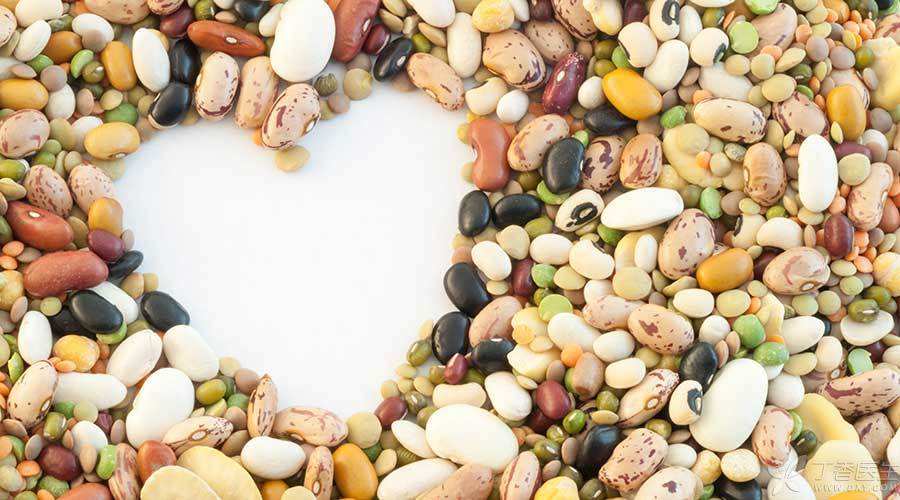
The relationship between kidney and blood pressure can be said to be inextricably linked, which starts with how blood pressure is formed.
The human cardiovascular system can be roughly compared to a water circulation system, in which blood circulates like water.
The heart is like a water pump, which continuously pumps blood into blood vessels all over the body and is the power source for the continuous flow of blood.
Blood vessels are like elastic water pipes. The pressure generated by blood flow on the wall of the blood vessels forms blood pressure.
Therefore, blood pressure is mainly determined by the following factors:
- The [power] of the heart If the blood pressure pumped out by the heart every time it beats is more, the greater the pressure of blood flow on blood vessels, the higher the blood pressure will be. The thinner the blood vessels, the higher the blood pressure. The amount of blood, the more blood, the higher the blood pressure.
The kidney affects blood pressure by regulating the amount of blood. The kidney can be regarded as the [outlet] of this circulatory system, which regulates the total amount of blood through urination, thus affecting blood pressure.
In addition, the kidney can secrete some hormones, which can regulate vasodilation or contraction. When the kidney is sick, the secretion of these hormones will be affected and blood pressure will also be affected.
How does kidney disease rise hypertension?
Hypertension caused by kidney diseases, also known as renal hypertension, has the following causes:
There is plenty of water in the body.
Kidney is the main drainage organ and the [main valve] for drainage. When the [main valve] goes wrong, excess water and salt cannot be discharged out of the body. If there is more water and salt in the body, blood pressure will rise.
Hormonal imbalance
The human body is a precise machine, which secretes some hormones to raise hypertension and others to lower blood pressure. These two hormones maintain dynamic balance under normal circumstances.
When there is a problem with the kidney, this balance will be broken, and the substances that raise hypertension will dominate, and the blood pressure will rise.
Nervous system imbalance
There are two kinds of visceral nerves in human body: sympathetic nerve and parasympathetic nerve. Sympathetic nerve excitation can raise hypertension and parasympathetic nerve excitation can lower blood pressure. Under normal circumstances, the two cooperate with each other to jointly manage human blood pressure and maintain blood pressure within a stable range.
When the kidney is sick, the sympathetic nerve will be more excited, the balance between sympathetic nerve and parasympathetic nerve will be broken, and blood pressure will rise.
Is there any difference between renal hypertension and other hypertension in what?
The most common primary hypertension is common in middle-aged and elderly patients. At first, there was no kidney problem, but if the blood pressure was not controlled for a long time, kidney problems would also occur slowly.
Patients with renal hypertension are generally relatively young, with renal diseases showing signs first, and blood pressure increases during the development of the disease.
How?
In the treatment of renal hypertension, we should first pay attention to the treatment of primary renal diseases.
Antihypertensive drugs should be selected as far as possible to protect the kidney, such as angiotensin converting enzyme inhibitor (ACEI) captopril, enalapril, angiotensin receptor inhibitor (ARB) valsartan, telmisartan, etc. However, when renal function deteriorates to a certain extent, these two drugs cannot be used.
When there is obvious renal failure and urine volume is obviously reduced, the first antihypertensive measure is to remove excess water through diuresis or even dialysis to reduce excess water in the body and blood vessels. If there is less water in the blood vessels, the pressure generated will decrease and the blood pressure will decrease.
In addition, calcium antagonists such as nitrendipine and nifedipine, and-receptor blockers such as metoprolol and bisoprolol can also be used.
How much is the appropriate blood pressure drop?
Renal hypertension has different antihypertensive targets, mainly depending on the urine protein of patients.
- When proteinuria is greater than 1 g per day, blood pressure needs to be controlled below 125/75 mmHg. When proteinuria is less than 1 g per day, blood pressure needs to be controlled below 130/80 mmHg.
How?
Diet is very important to treat hypertension caused by kidney disease.
Low sodium diet: Eat less salt, and the total amount of salt per day should be less than 3g (about 6g of salt filled with a beer bottle cap).
Low potassium diet: low sodium salt cannot be used, and the potassium content in the diet should not exceed the standard. Some fruits with high potassium content should be eaten less. This is different from other hypertension patients, and special attention should be paid to it.
Low-fat diet: Eat more vegetables, eat less fat meat, and add a small amount of edible oil. Patients with diabetes should strictly control their diet according to the requirements of diabetes.
High-quality protein diet: Eat high-quality protein to meet the needs of the body, such as eating a small amount of lean meat, chicken, eggs, milk, etc.
